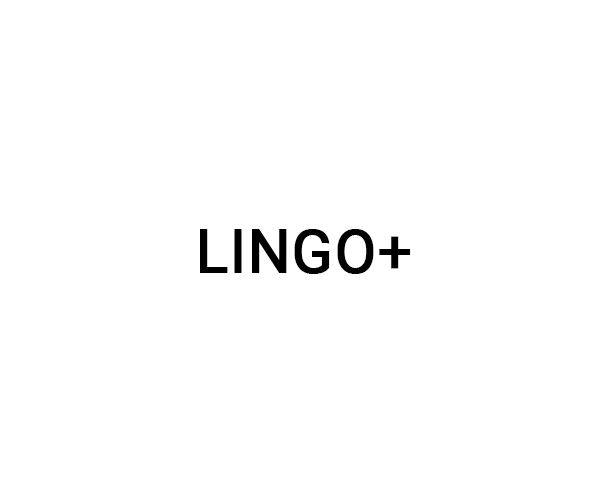LINGO+

LINGO+
2020-1-UK01-KA201-079026
15/10/2020 - 14/10/2022
N/A
Erasmus +
Past Projects
Ana Cunha
Amolingua Ltd
Euphoria Net Srl
Krystal Microsoft Academy Ltd
Istanbul Avrupa Arastirmalari Dernegi
Budapesti Metropolitan Egyetem
Universidade Lusófona de Humanidades e Tecnologias

Alliance for multilingual and multicultural competences for teachers.
The European context is extremely significant, with three alphabets and 24 official languages, and some 60 other languages spoken in particular regions or by specific groups. Current (initial and in-service) teacher training practices often do not correspond at all, or only partially, to the plurilingual and intercultural approach. Generally, they remain enclosed in monolingual traditions; only very rarely are the boundaries between disciplines (in the case of both languages and other subjects) overstepped.
The project “LINGO+” intends to bridge the gap between schools and teaching in multilingual and multicultural settings creating a set of tools and teaching materials addressed to teachers of foreign languages, as they are on the front line in teaching one or more languages; teachers of other subjects that would like to teach in other languages; students of all ages, even if we believe our tools will be especially (but not only) implemented by high-schools.
The main objectives of this project are facilitating the acquisition of linguistic and intercultural abilities; promoting coordination of lessons, with a view to greater coherence and synergy between the learning of foreign, regional, minority and classical languages, the language(s) of schooling, and also the language dimension of all subjects; supporting teachers to acquire the principals of multilingualism and intercultural awareness and learn how to incorporate them in their daily routine; developing both dimensions of language (linguistic, sociolinguistic and pragmatic knowledge, skills and existential competences) and cultural (knowledge, skills and existential competencies relevant to social groups who speak a given language and their cultures) competencies; develop multilingualism competencies emphasizing their social role in terms of employability, social relations and tolerance towards other cultures.
The results of the project will be: A Methodological Guide for a role-model bilingual and plurilingual education for teachers with a repository of the best bilingual and plurilingual existing teaching practices; the development of educational tools and designed game-based and project-based activities that could be used in a classroom; the development of a platform with video courses for teachers combining classes about bilingualism and plurilingualism together with cultural intelligence, intercultural communication, and multicultural education providing teachers with knowledge, skills and existential competencies relevant to an understanding of other cultures and cultural diversity, prompting reflective and critical thinking about one’s own culture; the development of an online self-assessment questionnaire, with pre-recorded recommendations, an online tutorial explaining how to use the repository, video courses and developed tools and games.
Researchers:
Professor Ana Cunha (Principal Investigator)
Professor Anabela Mateus
Professor Inês Nemésio
